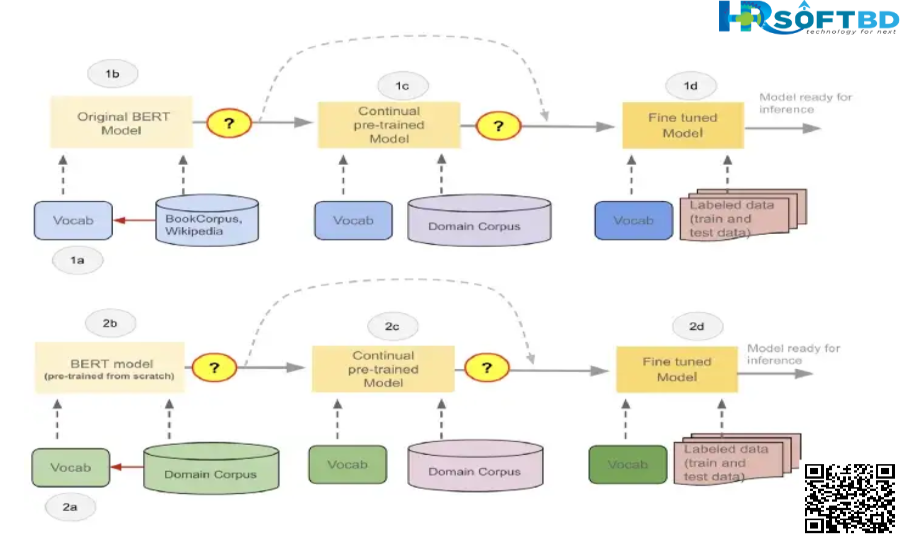How google’s BERT algorithm affects your website traffic
BERT, which stands for Bidirectional Encoder Representations from Transformers, is an algorithm that has been added to Google Search on October 21, 2019 to increase the accuracy and relevancy of the search results.
With the BERT upgrade, Google can examine how words in a search query connect to each other, making it better at spotting complexities and context in a search. This increased understanding of a searcher's intent, benefits users by providing them with more relevant search results.
Some content creators may see a minor increase in visitors, while others may see a reduction. Many factors will influence such outcomes. Consider keeping track of which websites rank higher and lower for the same keyword terms as yours. You have nothing to worry about if your website contains high-quality, relevant information.
The first item on the search results page is typically positioned to get the most visitors. This means that the site that claims the top spot on the first page of search results will dominate due to the relevancy of its contents to what the user is looking for.
Because informational queries have more complexity than ordinary queries, BERT has a greater impact on them.
SEO (search engine optimization) will most likely shift away from keywords and toward brief and relevant information that answers people' questions.
As we have seen with earlier Google upgrades, the best approach is just to keep generating strong, quality material that gives the answers users are seeking. Investigate traffic statistics for all target keywords, and focus on providing what users want to know.
BERT may be able to zone in on lengthy content in pages to identify important concepts and then simply summarize the content as specific keywords, with no need for the content creator to optimize anything.
Finally, you want an answer to the inquiry. Is it possible for readers to find what they're looking for in this piece of content? to be "yes" with respect to every bit of content on your site.
BERT works with pre-existing Google algorithms to provide a clearer understanding of the searches, that conduct by the people to assist the system in better recognizing of the natural language patterns.. This helps Google Search to find and present more relevant information—results that are more closely aligned with the user's input. It does not compromise or replace another algorithm, but rather builds on the latticework foundation provided by prior versions such as Fred, Possum, Mobilege, Pigeon, Hummingbird, Penguin, and Panda.
- Much better model performance over legacy methods
- Capabilities to fine tune your data to the specific language context and problem you face
- An ability to process larger amounts of text and language
- An easy route to using pre-trained models (transfer learning)
